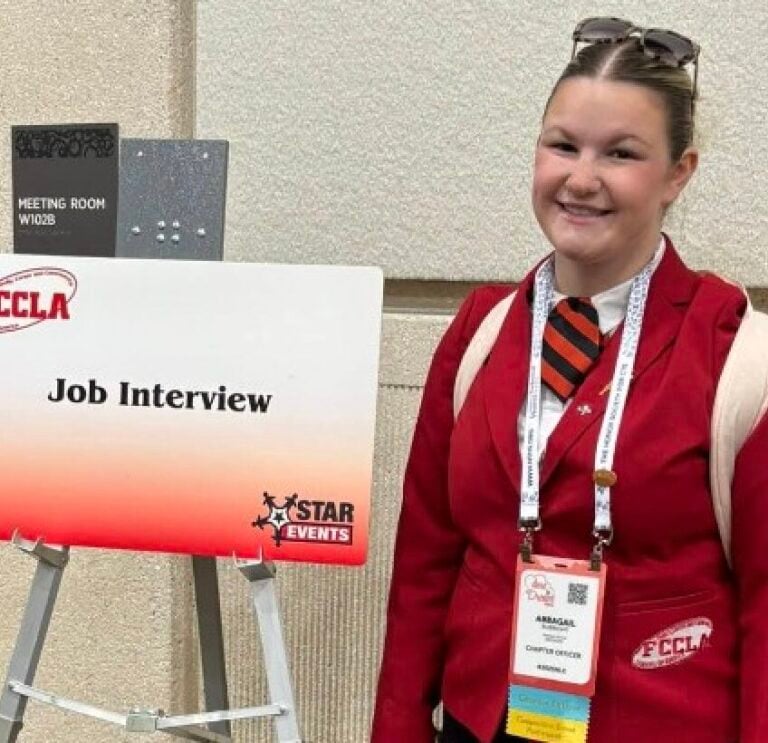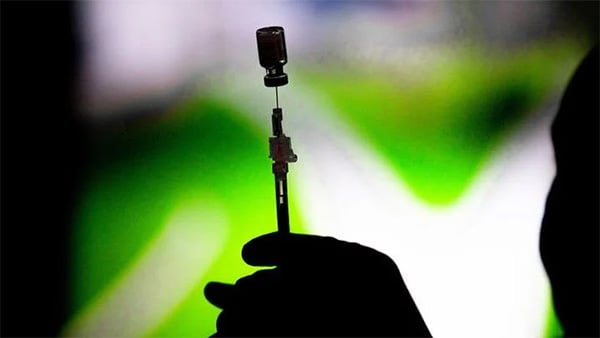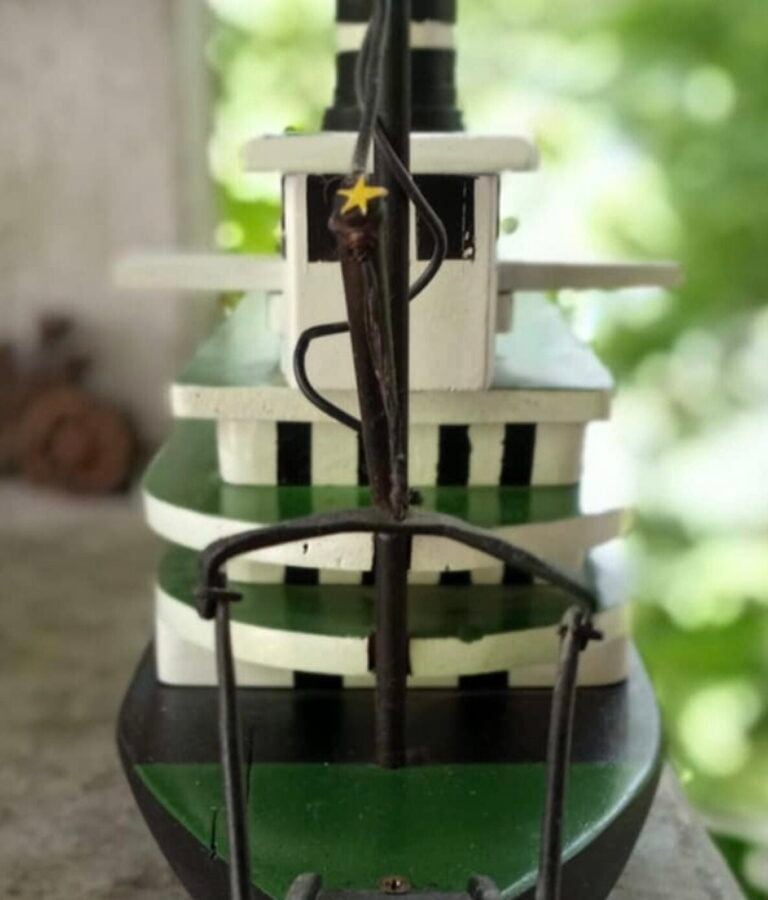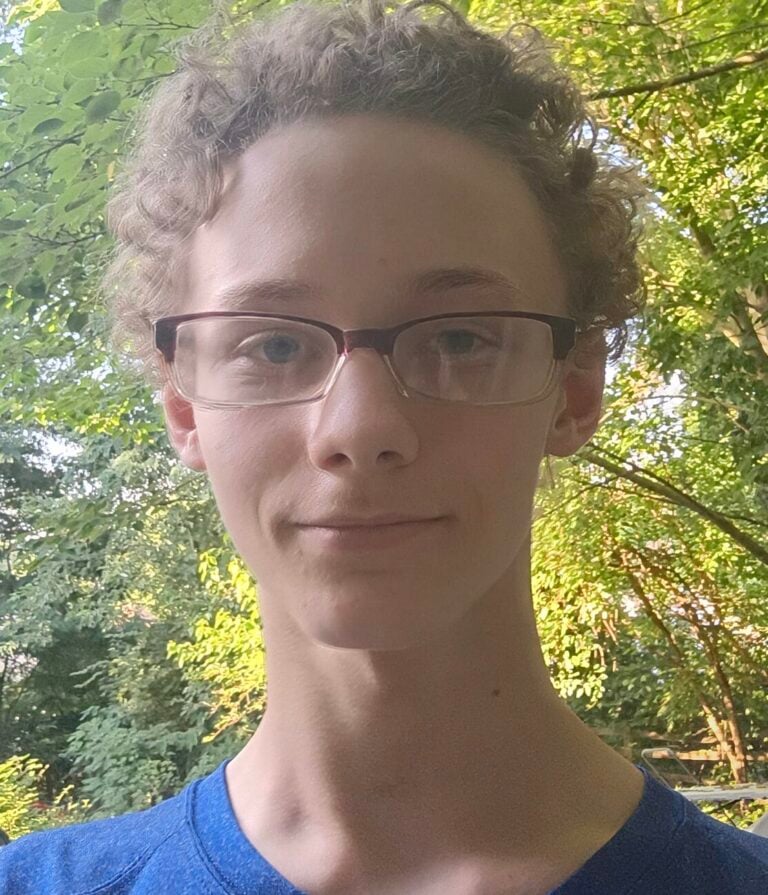By Melissa Patrick
Kentucky Health News
Even though the roll-out of the three-digit national suicide hotline remains a work in progress across the nation, Kentucky’s roll-out over the past two years has gone “pretty well.”
So says Steve Shannon, executive director of the Kentucky Association of Regional Programs for mental health. He said Kentucky’s success has largely been because of a statewide 988 coalition and its subcommittees that work toward quality outcomes and toward having all of the state’s 988 calls to be answered by people inside the state.
“We appreciate the partnership with the team at the Department for Behavioral Health, Developmental and Intellectual Disabilities,” he said. “The call centers have worked very closely with them and it’s been a great outcome for Kentuckians.”
The 988 line connects people experiencing a mental-health or substance-use crisis with a trained counselor. Shannon said 13 of the state’s 14 community mental health centers act as call centers, and that the 14th center is in the process of getting certified to meet the national 988 call center standards, which will mean that eventually 988 calls in all 120 counties can be served by their regional cengter.
“Our goal is 100% of Kentucky calls get answered by Kentucky,” he said.
Brice Mitchell, spokesman for the state Cabinet for Health and Family Services, also praised Kentucky’s 988 roll-out, stating that the centers have used federal grants to increase workforce capacity by hiring staff and utilizing volunteers.
“These efforts have ensured calls to 988 are most often answered at the local level, 84% in May,” Mitchell said in an email. “Additionally, the current in-state answer rate of 25 seconds steadily remains faster than the national average of 36 seconds, and we know every second is critical when it comes to getting someone connected to help.”
Asked about the 379 abandoned in-state calls that were reported in May, Mitchell said, “We are not able to determine why calls may be abandoned; one reason could be due to internet or cell phone instability.”
Since May 2023, the state has seen a 40% increase in calls from Kentuckians to 988 and a 53% increase in the number of those calls that are answered in state. Additionally, there has been a 15% increase in Kentucky’s answer rate over the past two years, according to data provided by the the cabinet.
The federal government provided about $1 billion to launch and implement the 988 Suicide & Crisis Lifeline, with the expectation that states would establish their own funding to operate the call centers, but Axios reports that the “efforts have been uneven . . . leading to significantly lower response times in certain states.” 988 launched in July 2022.
Axios reports that only 10 states have added a surcharge to cell-phone bills to fund 988 services, though all states fund their general-emergency 911 services in this way, according to a report from Inseparable, a mental health advocacy group. Kentucky is not one of them.
Kentucky’s General Assembly has put money in the budget for the 988 call centers since the 2022 legislative session, but “At some point, a dedicated funding mechanism that allows to accommodate for growth and calls is really necessary,” Shannon said. “The appropriation is good, but the concern is, as utilization increases, those costs will increase.” He added that there have been some “preliminary conversations” about this, and the goal is to have an “ongoing, dedicated funding stream, comparable to 911.”
Another challenge is that many people still don’t know about 988. The Pew Charitable Trusts released a survey last year that showed only 13% of adults in the U.S. had heard of the 988 line.
A national 988 paid marketing campaign will launch this month and run through October to help address this issue. It will also likely increase the number of calls.
Axios reports that going forward, “States and cities are also moving toward integrated 988 and 911 services,” said Kaiser Family Foundation researcher Heather Saunders, who tracks policies around the hotline. Federal regulators are also looking to require that 988 calls are routed to a person’s actual location, rather than their area code, to better connect them with nearby resources.”


















